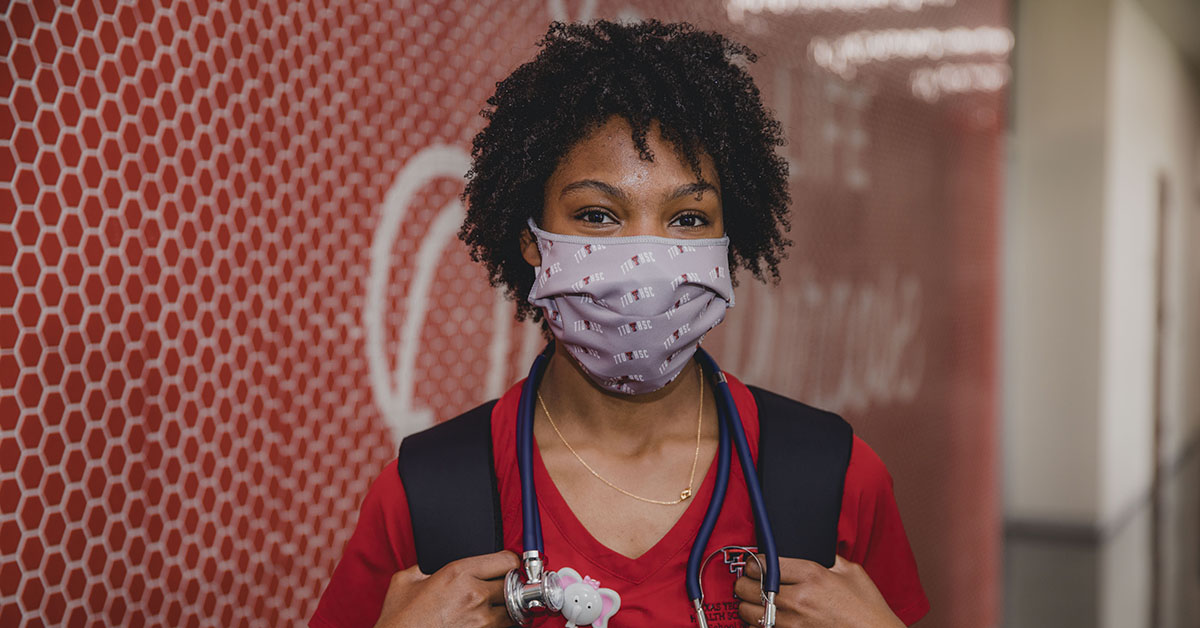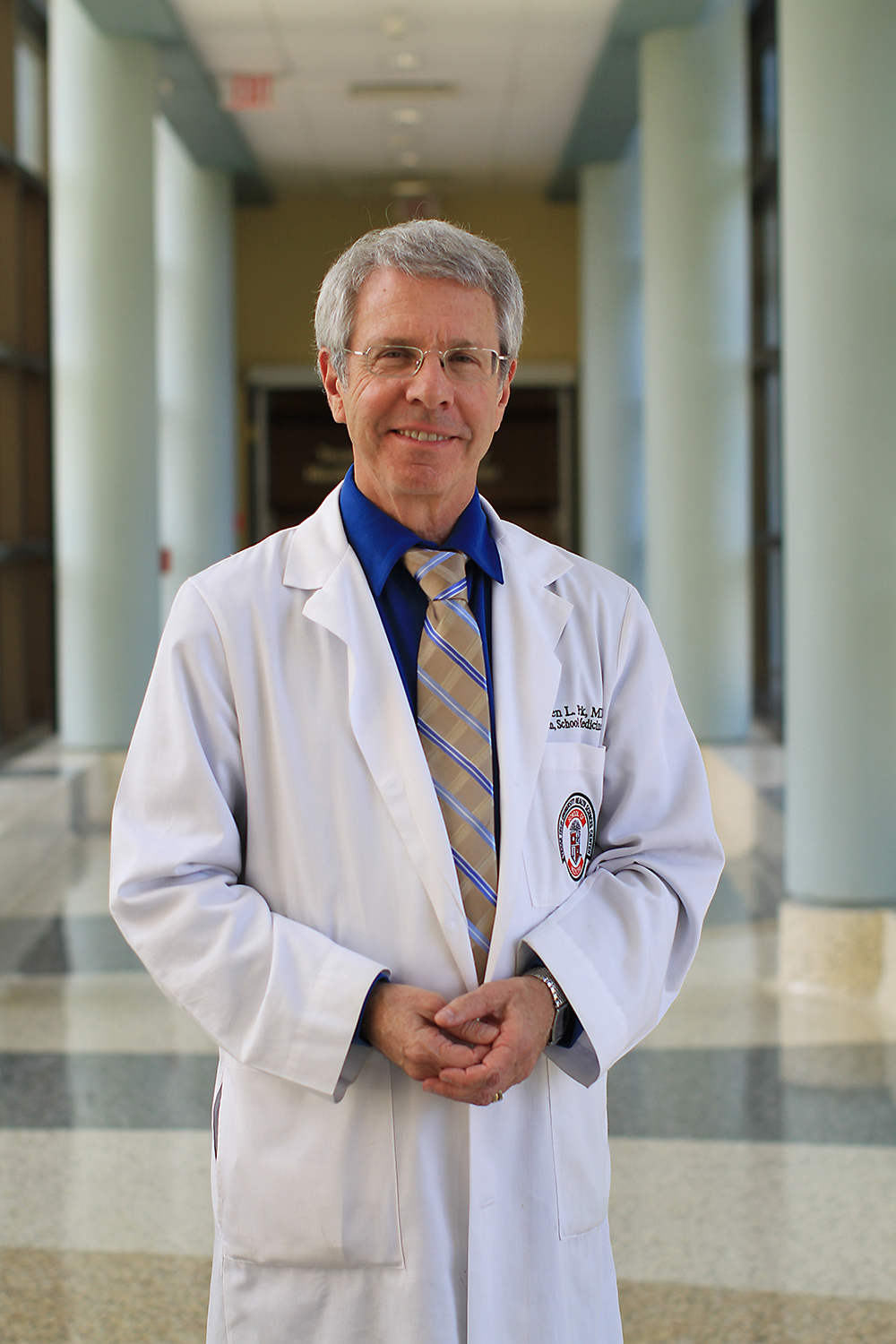
As told by Steven L. Berk, M.D.
Differences of opinion and resulting decisions are the mainstay of our democracy, and debate is a healthy and beneficial process. But no one is likely to die today because of one’s own individual viewpoint, with a recent exception – choosing to not wear a mask, a controversy that goes beyond politics, arguments and opinions. I am an infectious disease physician so you will suspect what I am going to say – wearing a mask saves lives.
Well, that is now just a slogan. And why would anyone believe it?
The Centers for Disease Control and Prevention (CDC) did not, at first, recommend that everyone wear a mask in the COVID-19 pandemic. We do not know how often people without symptoms spread the infection. How do you save lives when 96% of patients with COVID-19 don’t die?
Here is some common ground. Masks are uncomfortable. Masks look really bad, especially if you are going to a bar to find a mate. Forcing people to wear masks is annoying, may even seem violating, but not that different from seat belts, or crosswalk or smoking on an airplane. The most sacred common ground for all of us is that no one wants to see an innocent person die of a virus infection. So, I ask that masks be worn voluntarily.
Of course, any mask, even a cloth mask, will block your sneeze, cough, or speech from traveling through the air with millions of virus particles – the same air that others breathe. There is no argument about covering one’s mouth when coughing or sneezing. You have heard correctly that one sick person, or perhaps an infected person without symptoms, under certain circumstances, can bring down a bar or room full of people. This is very unlikely to happen if our virus has two cloth masks to penetrate.
Take an imaginary journey with me to any intensive care unit (ICU) in Texas. We all know thousands have died from COVID-19 and Texas ICUs are filling up with dying patients. The sick will be unrecognizable in the ICU setting. They could be your mom or dad, spouse or best friend. They will each have their own story on how they became infected.

So, let’s look at each imaginary patient with COVID-19 as they take their last breath, or lay for weeks in bed unconscious with a breathing tube in place (They may look at peace, but are not), or those about to be intubated, gasping for breath like a fish out of water and seeing the likelihood of dying alone. Now, does it still matter that most COVID patients are not that sick or that masks are uncomfortable?
Let’s imagine a sign above each bed as we walk through an ICU. The sign will tell us who gave this dying patient this disease. Each patient will have a different story but there will always be one single name.
This lady is surrounded by beeping computers and IV poles with medications to keep her in coma so she does not awake in panic of her circumstance. She got COVID-19 from her loving grandson who went to a bar and then visited her on her birthday. He was not afraid of the virus.
This next patient is a wife with asthma who has young children. The virus came home to her from her husband. He was proud of his independent thinking, would never wear a mask in a pandemic, and did not like government telling him what to do. He cannot visit and is dealing with childcare issues.
Here is a patient just declared dead. He had his own successful business. He did wear
a mask but one of his customers, the one that sneezed, did not. Outside the ICU, in
the waiting room, there are tears from loved ones. Some will be spared the knowledge
that they passed the virus.
We have so many great issues to safely debate — not this one. The wrong decision and
you may kill someone.
Wear a mask. Save lives.
Dr. Steven L. Berk is the Texas Tech University Health Sciences Center executive vice
president, School of Medicine dean and an infectious disease physician. ![]()
